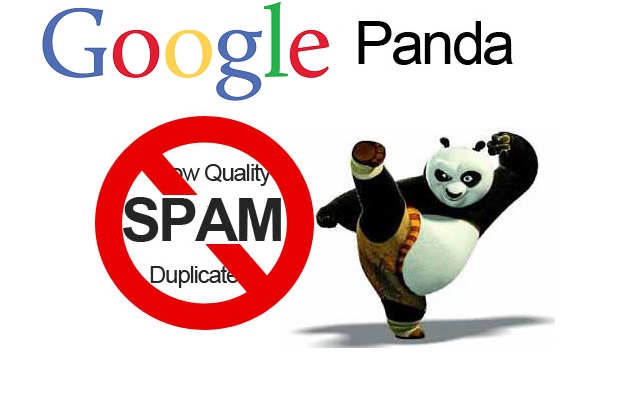Google has updated its Panda algorthym- the technology behind how it ranks search results, offering sites that fell after the last update a chance to recover.
The rollout means anyone who was penalised by Panda in the last September 2014 update has a chance to emerge if they made the right changes.
Panda was created to help the Google search engine differentiate more effectively between high quality sites with original & informative in-depth content to low quality sites having no value to users.
Also, it is worthy of mention that it is a site-wide penalty, meaning a site with enough low quality pages would be impacted as a whole including its high quality pages also.
some brands saw upward of a 90 percent loss in their organic search footprint, according to initial research conducted at BrightEdge.
Although Google closely guards its algorithmic secrets, here’s some key tips on avoiding a Panad penaty:
• Panda targets “thin” content on sites, which often equates to a general lack of content
• Panda targets duplicate content, usually when a site has a large volume of it
• Panda targets machine-generated content (what marketers often refer to as “spun content”)
watch this video from Matt Cutts explaining how to avoid the pitfalls of Panda.
“This past weekend we began a Panda update that will rollout over the coming months,” said a Google spokesperson about Panda. “As you know, we’re always working to improve Google so search results are higher quality and more relevant for everyone and this is just one way we do that.”
They also confirmed the percent of queries that are impacted by Panda this time around.
The refresh affects roughly 2 to 3% of search queries, which is lower than the previous refresh of 3-5% in September 2014 and the last true update in May 2014 which affected 7.5% of search queries.
While this update seems to be rolling out much slower than we usually see, with the last refresh Pierre Far from Google said that many high quality small and medium sites were ranking higher.
But the slower update will also make it harder to assess the usual “winners and losers” like we can normally do.
